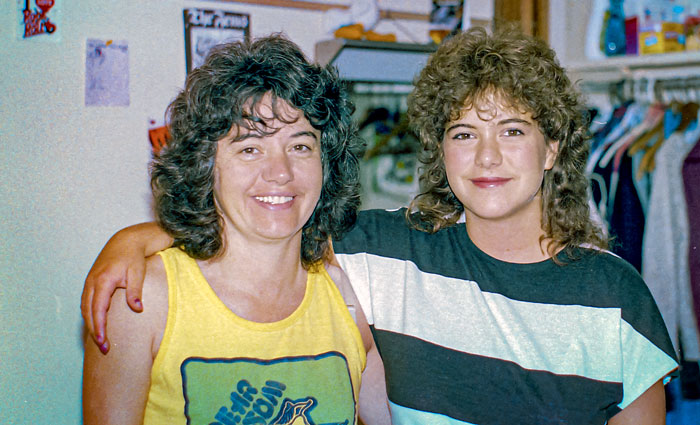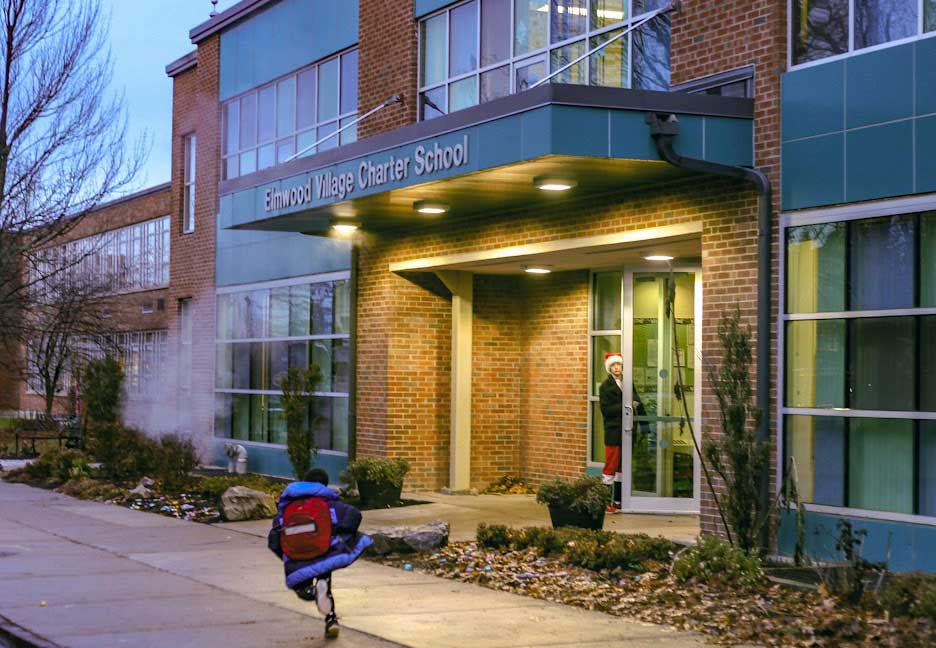Our Complaint Against EVCS – Suspension, part 5
This sections outlines how EVCS doles out suspension instead of special education • I will post the report in 6 installments • This is part 5 • If you would like to read the dang, long pdf version please do so by clicking here
In our initial meeting with our lawyer Patrick McNelis, we raised the issue of EVCS’s persistent use of suspensions instead of providing the support mandated in his IEP. Along with “Transfers to nowhere,” we learned through our research about how schools will “informally remove” children with IEPs from their rolls by employing tactics such as frequent parent pickups, shortened school days or hours spent in “time-out” rooms in this case the Wellness Room. (National Disabilities Rights Network, 2023)
Before I pulled my son from EVCS, the staff member in charge of the “Wellness Room” informed me that she had created a new “behavioral plan” which involved targeting, investigating, gathering information from informants, and eventually suspension. She used policing language when describing the plan, not special education interventions. She informed me that she had visited the classroom and asked the children to inform on my son, insisting that teachers and all special education staff should report directly to her. She effectively turned ADHD behavior into criminal activity by treating it like a crime.
Initially, I was relieved that this beloved figure who had previously served as my older son’s teacher’s aide in kindergarten and 2nd grade had taken action to regulate my younger son’s classroom, but my relief turned to concern when I heard her use of policing language and her insistence that my son should be expelled from EVCS to another school. She does not hold a teaching degree nor does she have special education certifications or social work degrees, yet she was fully empowered by the administration to implement this type of intervention. Policing invariably leads to incarceration. It’s no wonder the white girl in my son’s class could so accurately illustrate what happens to students with IEPs inside EVCS.
Under this regime, my son’s behaviors began to significantly escalate. His learning had effectively been walled off from him, his special education supports were hit and miss at best, and his teachers had no understanding of how to manage children with ADHD (my son was not the only child in the room with this diagnosis). Detention was their go to. When the school called me to report his so-called “crimes,” I no longer recognized him in their telling. He simply didn’t act how he was acting at school anywhere else—not at soccer, dog training, chess, Sylvan, with family or friends. He would arrive home from school telling me how kids made fun of him because of his in-school detention. When kids physically bullied him and he reacted, the other kids told on him and he was in trouble.
In September, after my son started at his new, he told us that his bus passed by EVCS. He said his heart started racing and he tried to keep himself from crying out. He was terrified that he would be dropped off there. He begged us to promise him that he would never have to return there. The trauma he experienced inside that building is still being processed with his therapist.
Earlier in the summer when we met with the district lawyer to settle the case, that lawyer said that EVCS was willing to have our son back, that he could negotiate a return. After all we had endured, I was gobsmacked. What made him think we would ever put our child through that kind of trauma again? Then, I realized this lawyer must have read over my correspondence. I had spent 10 years pouring my trust, loyalty, and advocacy into that school. I took pictures of the kids and faculty and sent them postcards. I sent love letters via social media. I volunteered. I recommended the school to so many families. That lawyer knew from my emails how beloved EVCS had been. Even with all the overwrought phone calls I fielded from the school, I still didn’t blame the teachers. I felt betrayed by the school. I was sold on their mission of inclusion, community, diversity, literacy, kindness, responsive classroom, and a growth mindset. The reality is this school is reliant on privilege, affluence, policing, and reputation over education, especially special education.

Greatest Hits of Our Research, Works Cited


More Writing by Lesa Quale Ferguson
about author

Writer + Picture Taker ^ Image-Maker & Design Web-ber #Ma
I don't have a newsletter YET!
I will be inspired to write one if I get enough email addresses.








